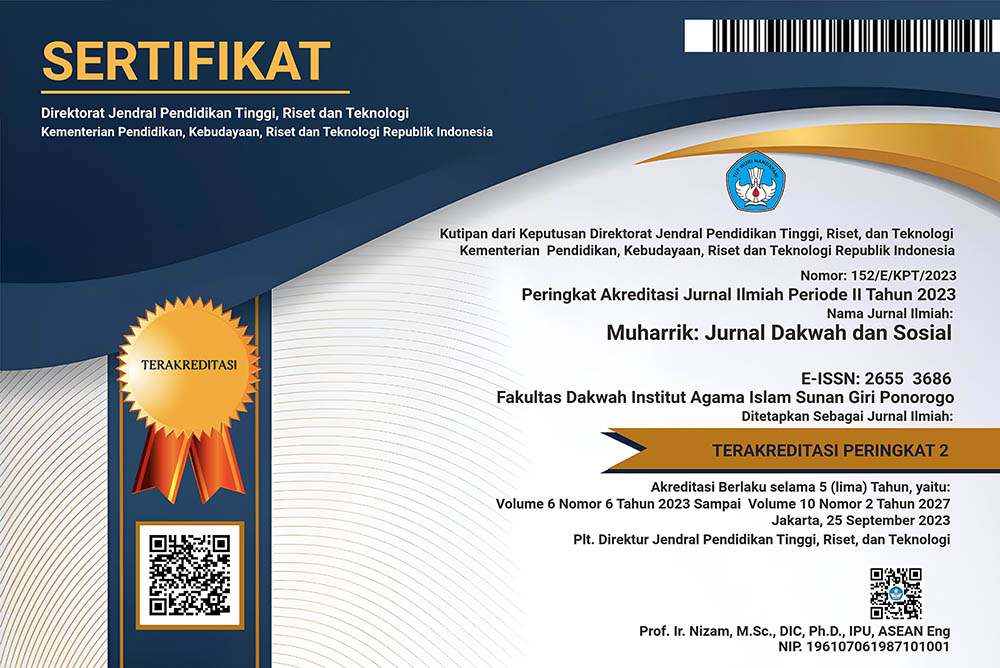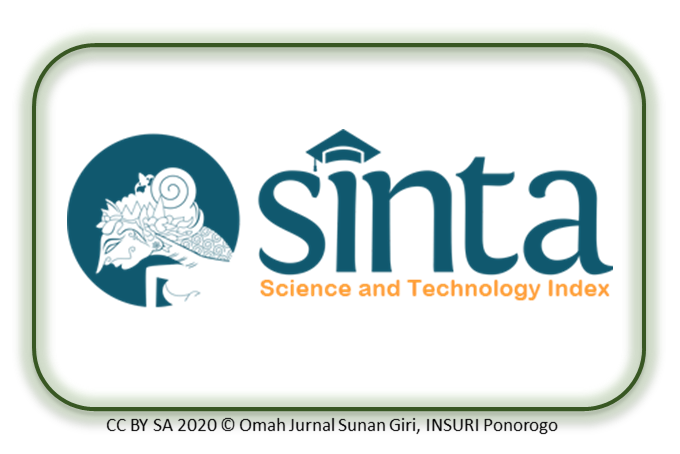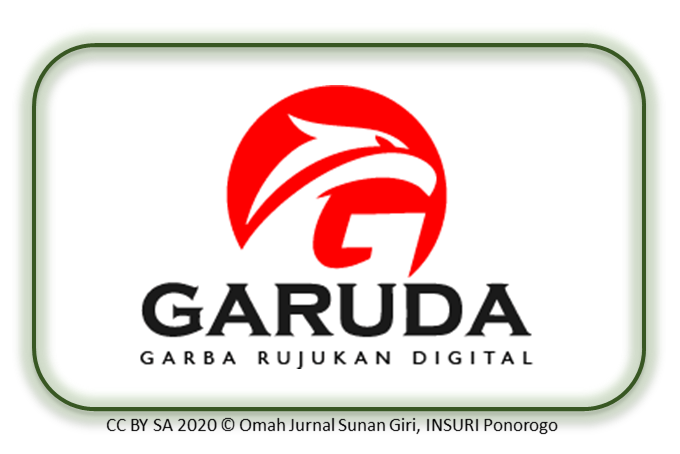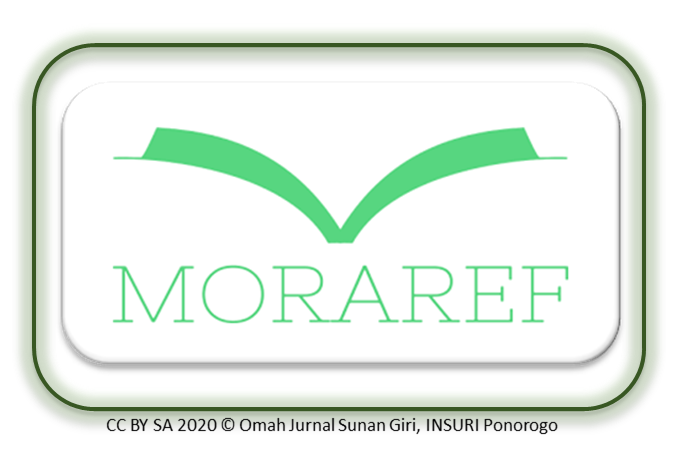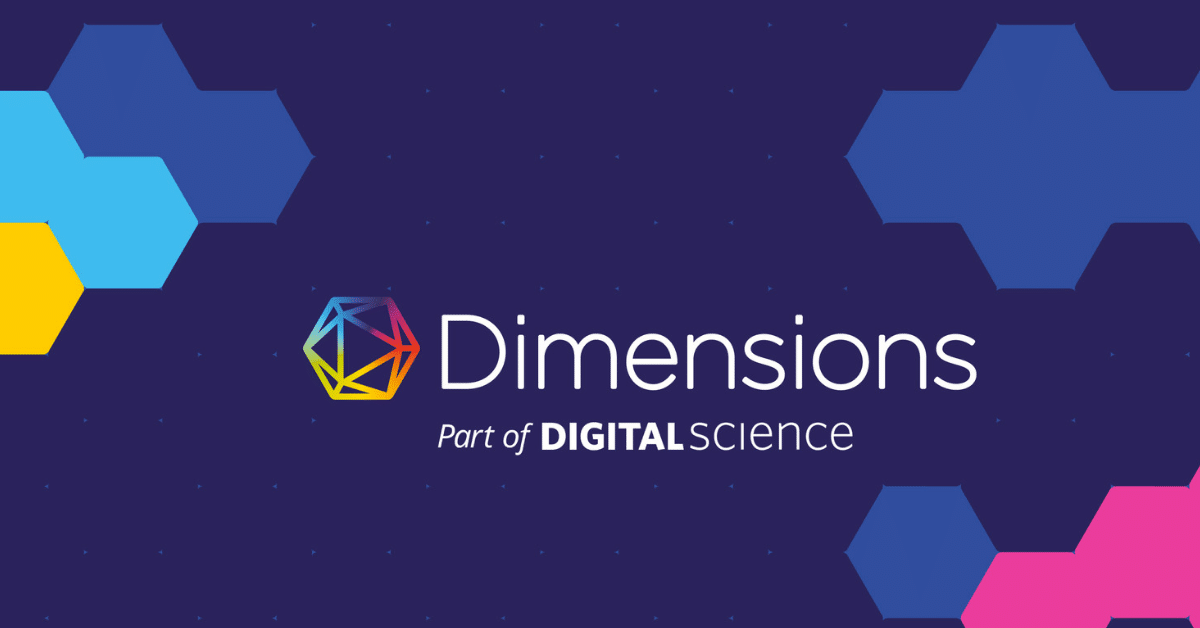The Spiritual Dimension in Islamic Da’wah and Building Social Piety among Gorontalo Muslims
Keywords:
da'wa, social piety, charity, solidarityAbstract
This study is motivated by the need to understand the role of the spiritual values of Surah Al-Ma'un in strengthening social solidarity among the Muslim community in Gorontalo, which has not been comprehensively explored. The research aims to identify how the values of the Qur'an influence social mindsets and behaviors through mosque-based charitable movements. Using the Tafsir Ijtima'i method and a socio-psychological approach, this study analyzes the social transformations driven by the implementation of four key principles of Surah Al-Ma'un: concern for people with low incomes, the importance of sharing, empathy, and social responsibility. Data were collected through in-depth interviews, participatory observations, and surveys involving members and beneficiaries of charitable movements from 340 mosques in Gorontalo. The findings reveal that 70% of mosques provide fod for Friday prayer congregations through donation-based funding, significantly contributing to poverty alleviation and reducing social inequality. These findings also show that the charitable movements inspire value transformation, balancing individual and social piety (At-Tawazun) and reshaping the paradigm of sharing happiness (At-Tabadul). By emphasizing the theological foundation of "Islamic Socialism," these movements successfully integrate spiritual values with social practices to promote collective welfare (Al-Musawat). The implications of this study highlight the importance of religion-based collaboration in driving sustainable social transformation while offering tangible contributions to the literature on integrating Qur'anic values into modern community development.
Downloads
Published
Issue
Section
License
The author(s) retain/s the copyright and grant/s Muharrik: Jurnal Dakwah dan Sosial the first publication rights licensed under the Creative Commons Attribution-NonCommercial 4.0 International (CC BY-NC 4.0) , which allows others to access (search, read, download and quote), share (copy and redistribute the material in any media or format) and adapt (mix, modify and develop) works for legitimate non-commercial purposes, with recognition of the authorship of the work and its initial publication in this journal.

